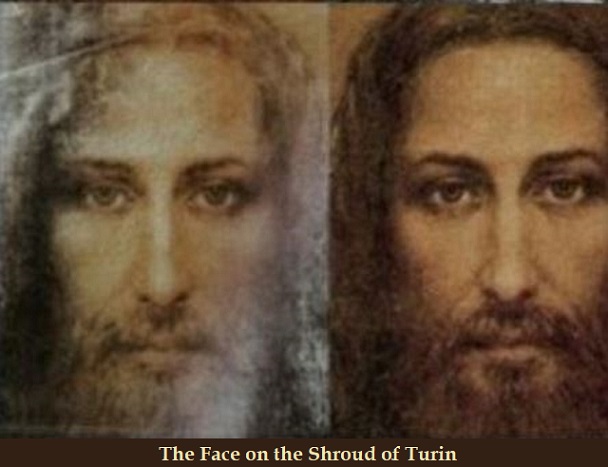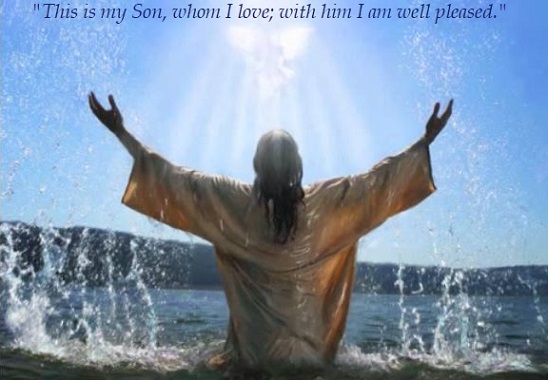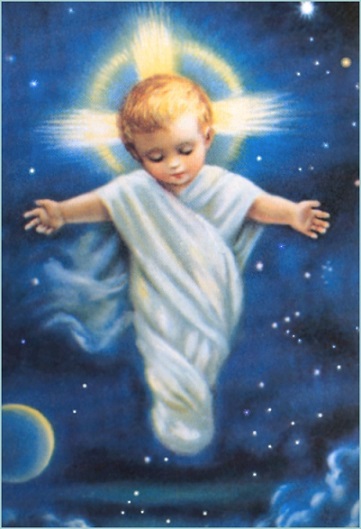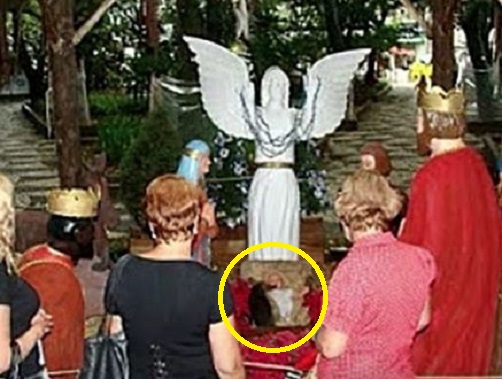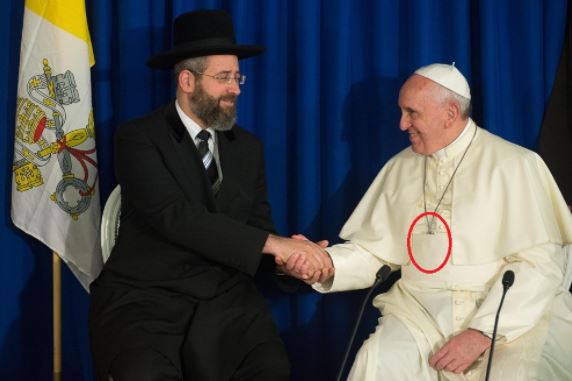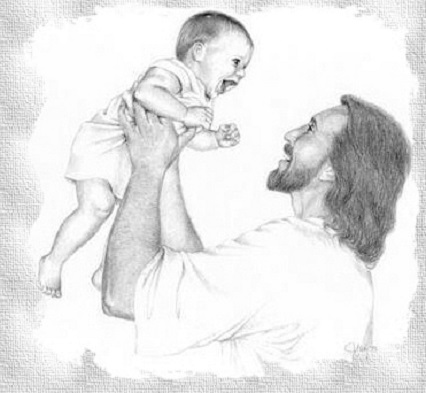John 15:9-10, 12-14
Jesus said to his disciples:
“As the Father loves me,
so I also love you.
Remain in my love.
If you keep my commandments,
you will remain in my love….
This is my commandment:
love one another as I love you.
No one has greater love than this,
to lay down one’s life for one’s friends.
You are my friends if you do what I command you.”
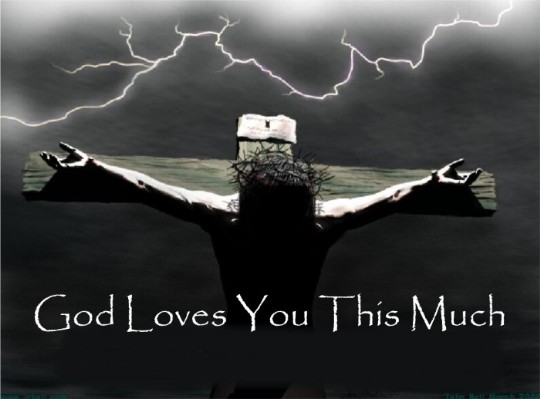
“This is my commandment: love one another as I love you.”
So what exactly is love?
In our corrupt times, the word “love” is used to justify any or all deeds, even the most perverse and evil.
Carnal lust is called “love”. Pedophilia is called “man-boy love”. Bestiality is re-named “zoophilia” — love of animals. Incest is given the gloss by faux science as “genetic sexual attraction”.
“Love” has become a synonym of “Do as you will”.
This is what love really means.
1 Corinthians 12:31-13:13
Brothers and sisters:
Strive eagerly for the greatest spiritual gifts.
But I shall show you a still more excellent way.
If I speak in human and angelic tongues,
but do not have love,
I am a resounding gong or a clashing cymbal.
And if I have the gift of prophecy,
and comprehend all mysteries and all knowledge;
if I have all faith so as to move mountains,
but do not have love, I am nothing.
If I give away everything I own,
and if I hand my body over so that I may boast,
but do not have love, I gain nothing.
Love is patient, love is kind.
It is not jealous, it is not pompous,
It is not inflated, it is not rude,
it does not seek its own interests,
it is not quick-tempered, it does not brood over injury,
it does not rejoice over wrongdoing
but rejoices with the truth.
It bears all things, believes all things,
hopes all things, endures all things.
Love never fails.
If there are prophecies, they will be brought to nothing;
if tongues, they will cease;
if knowledge, it will be brought to nothing.
For we know partially and we prophesy partially,
but when the perfect comes, the partial will pass away.
When I was a child, I used to talk as a child,
think as a child, reason as a child;
when I became a man, I put aside childish things.
At present we see indistinctly, as in a mirror,
but then face to face.
At present I know partially;
then I shall know fully, as I am fully known.
So faith, hope, love remain, these three;
but the greatest of these is love.

by Jon McNaughton
If we are honest with ourselves, we would admit that we say we love another but often are not patient or kind to the other, or are jealous or pompous or inflated or rude or quick to anger or brood over some injury instead of being forgiving. How many of us say we love but are instead selfish, self-seeking and self-advancing?
I know I fail St. Paul’s definition of love woefully often.
Granted, we are a fallen creation and are sinful by nature. But if we claim to love Jesus, He told us in no uncertain terms that for us to remain in His love, we must keep His commandments, especially the commandment to “love one another”.
So, if we don’t at least try, and try, and try to love in accordance to the true definition of love, then we are in jeopardy of not remaining in God’s love.
What a terrifying thought!
I don’t want that. Do you?
May the love and peace of our Lord Jesus Christ be with you,
~E

